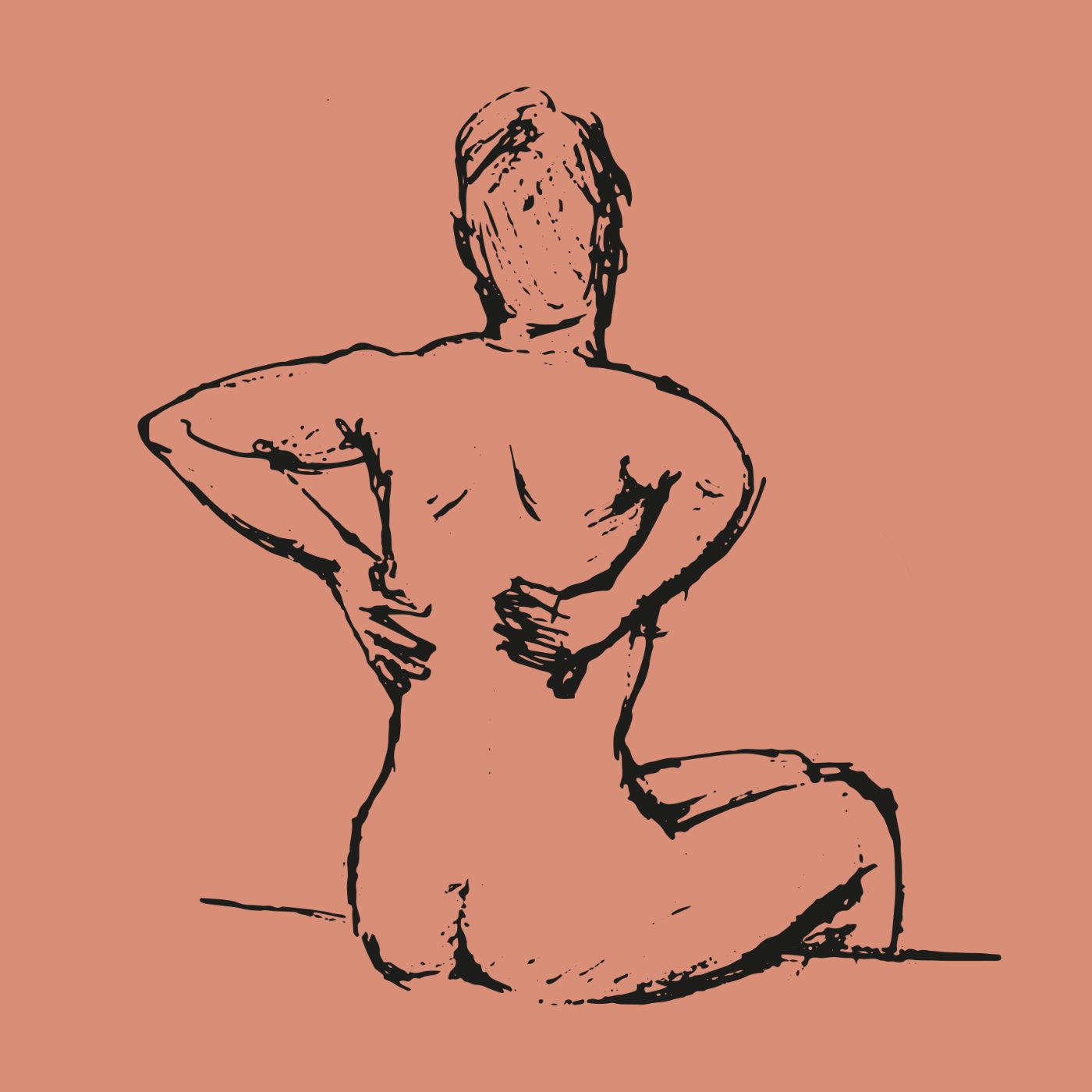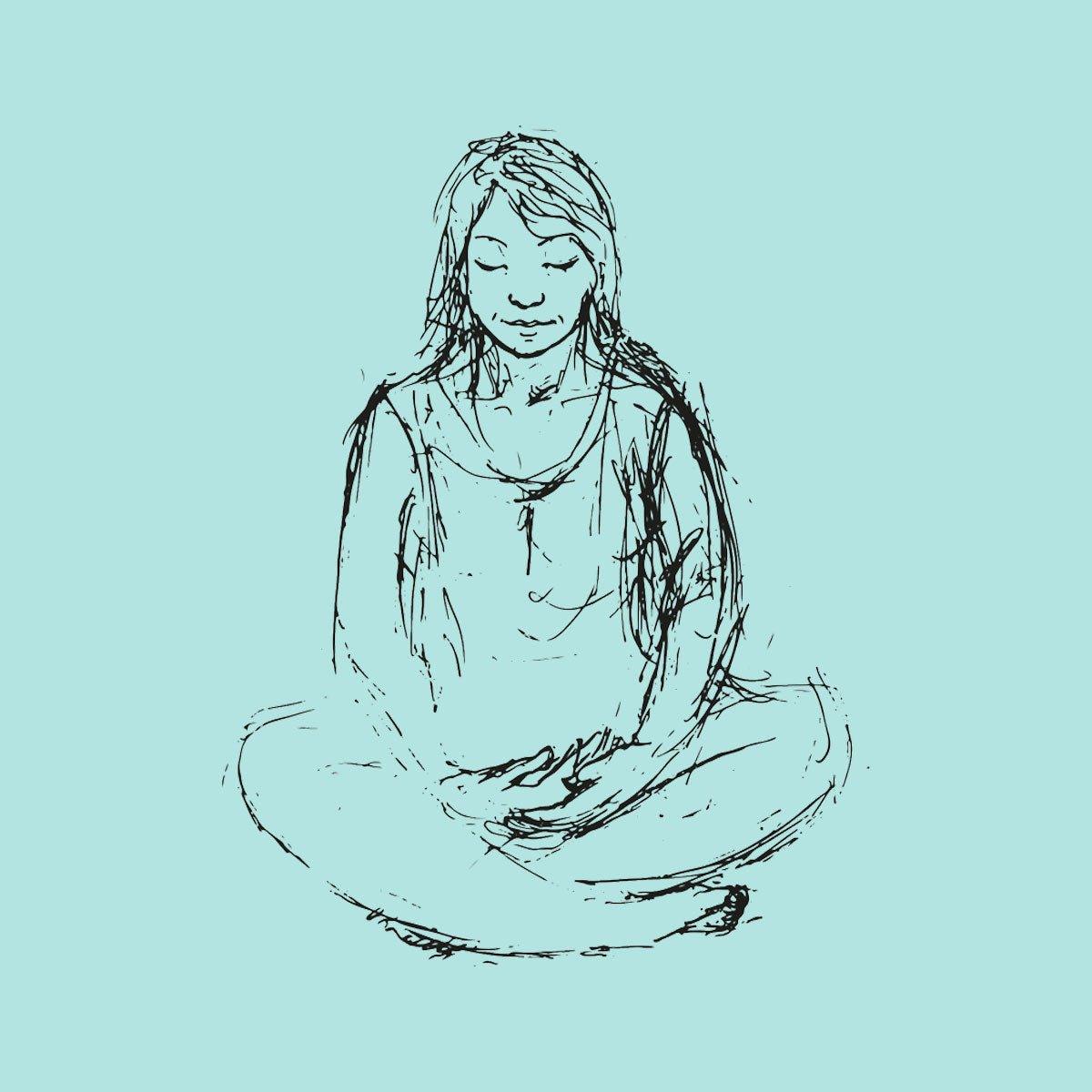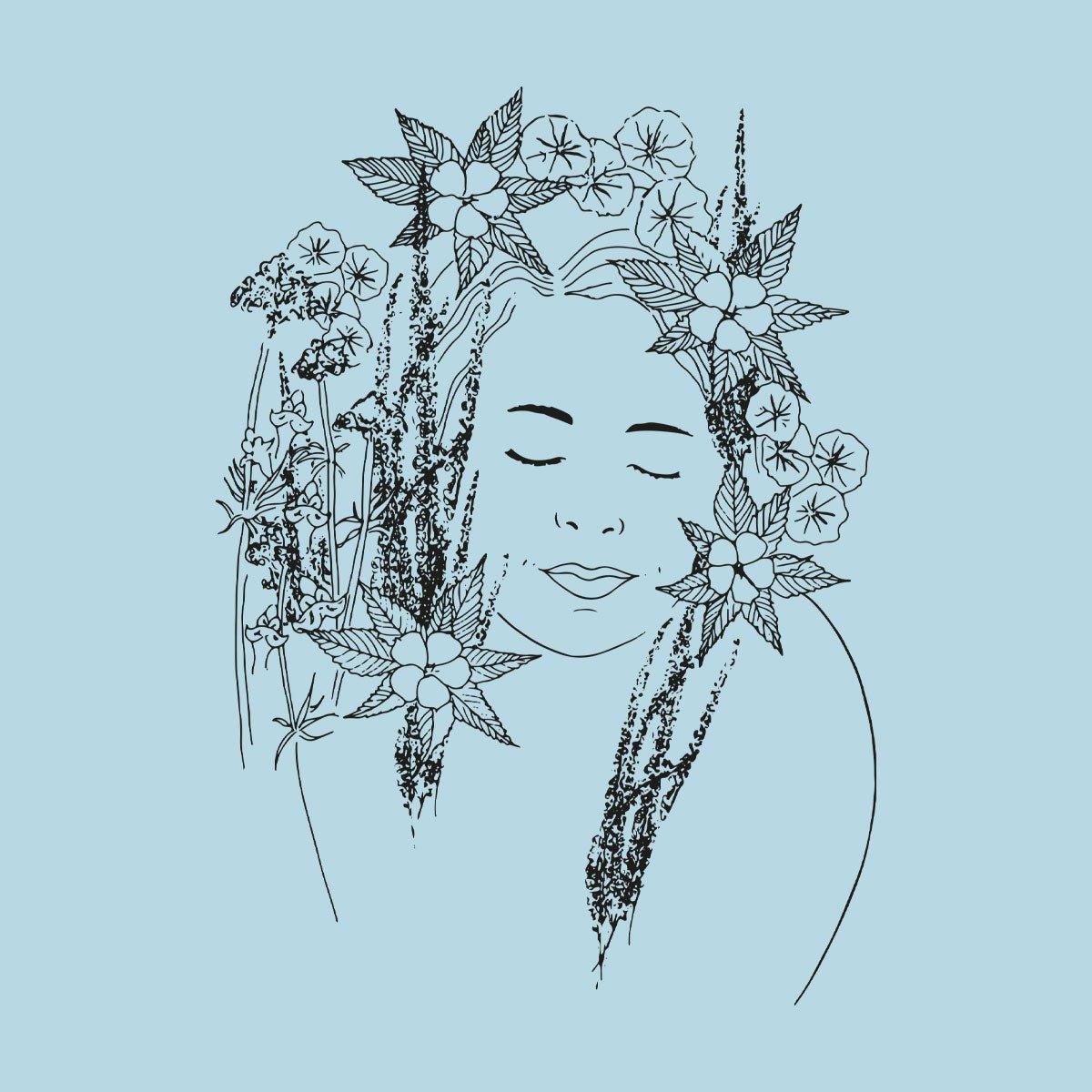Table of Contents
Table of Content

Sleep isn’t what it used to be, quite literally.
According to thegoodbody.com the average person slept for 9 hours a night back in 1910, whereas now this has plummeted to an average of 6.8 hours, with a 31% rise since 1985 in those sleeping less than 6 hours a night.
This kind of chronic sleep deprivation does a whole lot more damage to your mind and body than just leaving you feeling groggy.
Adults who sleep less than 8 hours a night are more likely to report stress symptoms such as fatigue, irritability, and anger (American Psychological Association) and various studies have shown evidence that lack of sleep increases the risk of diabetes, depression, cardiovascular disease, obesity, and even premature death. In children and teens, insufficient sleep can lead to attention and behaviour issues.
How screen time impacts sleep
Unsurprisingly, screen time has a lot to answer for. Even a few minutes a day can have a negative impact on sleep (and let’s face it, we all get more than that!). One study performed by the Salk Institute found that certain cells in the eye process ambient light and reset our circadian rhythm. When these cells are exposed to artificial light, such as blue light emitted from tech screens, our internal clocks can get confused, resulting in a host of health issues.
"We are continuously exposed to artificial light, whether from screen time, spending the day indoors or staying awake late at night," says Salk Professor Satchin Panda, senior author of the study. "This lifestyle causes disruptions to our circadian rhythms and has deleterious consequences on health."
So, cutting back on screens is a must if sleep is a struggle. Excess caffeine is also an obvious culprit. And stress is another aspect of many peoples lives that can make both falling asleep and staying asleep a mammoth task. Fortunately, many hemp fans all over the world have found that CBD can make a big difference despite living in a world where quality sleep often doesn’t come first.
Does CBD encourage positive sleep habits?
Cannabis has been used as a natural sleep aid for thousands of years, but it’s only in recent years that we’ve started to figure out how this plant can help with catching some quality shut eye.
CBD oil is well known for supporting the body and mind in returning to centre. If your cortisol levels are up, CBD can help support the release of our own endocannabinoids to bring that down. And a whole lot more besides. Read our blog CBD & SLEEP: WHY CBD IS THE WORLD’S FAVOURITE SLEEP AID to learn all about it.
But taking a few drops of CBD here and there probably won’t make much difference, it really needs to be regular for the best results, and there are a number of other things you can do to enhance the effect this molecule can have on sleep.
6 ways to enhance the effect of CBD on sleep
Take your final dose of CBD oil an hour or two before bed
Although CBD has been shown to balance the body in such a way that decent sleep is easier to come by, one study has shown it can also act as a ‘wake promoting agent’.
The research was performed on rats, so we still have some investigating to do on humans, but it was discovered that the subjects had increased levels of wakefulness around an hour after being given a dose of CBD. However, subsequently, the rats then went on to have longer and better quality sleep through the night.
Take your CBD an hour or so before bed. Make that your screen cut off point too and unwind for that final part of the day enjoying a book, a hot sleepy drink and soft lighting.
Pair your CBD oil with our Sleep Support Patch for all night assistance
Our discrete Sleep Support Patches contains Valerian, Passionflower and Hops - all well known herbal sleep aids, as well as a dose of CBD - all of which are released steadily over 8-9 hours to help you fall asleep and stay asleep. They can be used in conjunction with CBD oil drops - or on their own - to provide assistance throughout the night.
Administer your oil right after eating something high fat
When you take oil drops under the tongue, or in any way for that matter, a fair amount of the potency is lost during absorption. The bioavailability of the CBD oil you take is much less than what’s in the bottle once it gets into your body, so the more ways you can aid its journey the better.
CBD is fat soluble, so eating something high in fat right before taking your drops can help the cannabinoids make their way in. The actual process of chewing helps too, as this encourages increased blood flow to your sublingual gland (under your tongue).
Check your terpenes
CBD is great, as are all the other cannabinoids, but terpenes play a huge role in how your body responds to the cannabis plant too. Some terpenes are amazing for pain relief, others can provide an energy boost, and there is a good selection which can help promote fantastic sleep too.
Myrcene is one of the most famous sleepy terpenes. Read all about it here.
Micro-dose throughout the day
By allowing your body to accumulate CBD and the other cannabinoids present in full or broad spectrum CBD oils (like the ones from Kloris), you can give yourself a chance to rebalance in a more complete manner. This can equate to better sleep every night, thanks to your body working as it should.
Sporadic doses of CBD can help to restore wellness in moments of acute stress but the more consistent you are with taking it, the better the results. CBD also directly activates serotonin receptors, helping your body to rebalance this neurotransmitter. A serotonin imbalance has been indicated in sleep disorders, so regulating its release can be extremely beneficial.
Trying micro-dosing by taking a few drops 3 or 4 times a day. Start low and build up gradually until you find the right amount for you. Everyone is different.
Make your final dose a high one
Several studies have shown that cannabis can have a potent soporific effect, but it’s currently unclear how much of this is down to CBD or THC as both were present in the plants used.
However, further research has shown that high doses of CBD may help reduce nightmares, regulate the sleep/wake cycle, modulate cortisol, and relax tense muscles – all of which are conducive to a good night’s sleep.
Find our more about our recommended sleep products and rituals in our guide.




